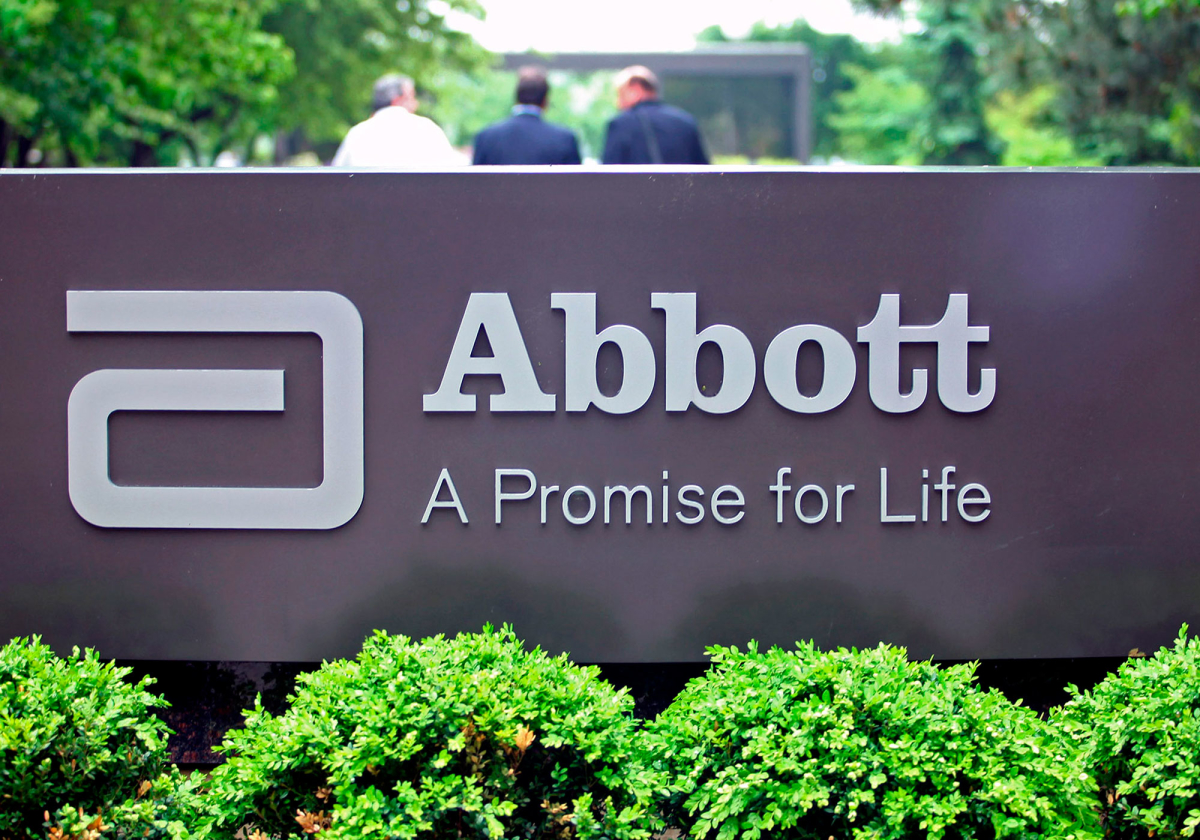The debate surrounding active versus passive asset management has been around for decades. While the debate is old, it has been getting more press in recent years due to the rise of exchange traded funds (ETFs), which have made passive investments more accessible for retail investors.
Investors trying to build wealth for a long term goal like retirement should seek out the best returns they can achieve given their level of risk tolerance. We know that, before fees, a passive fund will generate returns nearly identical to the share market index they mimic — after all, that is their goal. The performance of actively managed funds can differ considerably, with some fund managers underperforming and others outperforming. The real question then is if a select group of fund managers can systematically outperform passive funds over the long term.
There is irrefutable evidence that this group exists, but it is a select list. One thing common among many investors with long term records of success is that they take reasonably large positions in companies where they have done detailed research, see significant upside, and believe they have an investment real edge over other investors. It takes hard work and there are no free lunches.
At Fisher Funds we are active investors. We build concentrated portfolios and believe that our rigorous investment process and independent thinking provides us with a real edge that will generate outperformance for our investors over the long run. The process we go through and how we generate insights and an edge is best illustrated with an example.
Case study: Abbott Laboratories
Abbott Laboratories is a diversified healthcare company we added to the portfolio in March last year. Two of Abbott's largest business segments are medical devices and infant formula, and shortly before we invested in Abbott they acquired St Jude Medical, a leader in cardiovascular medical devices. We believe the outperformance of this position over the last year (up 38% since we invested), can be attributed to both our willingness as a firm to take a long term view, and the rigour with which we pursue different information sources to build a more accurate view of the investment opportunity.
Willingness to take a long term view was important in the case of Abbott because when we first invested its share price was depressed due to investor concern regarding their ability to integrate and grow St Jude. Many investors are so focused on quarterly results that they simply won't look at opportunities like Abbott, where temporary issues could result in some short term volatility. We often look at opportunities in this category and believe they can generate significant outperformance.
Willingness to take a long term view is not enough on its own, you must have unique insights into the business and how it will improve its earning power over time. To develop these insights we pursue lots of different leads. As we had made a number of investments in the medical devices and infant formula sectors historically we had followed Abbott for quite some time. We have been investors in their competitors (including Mead Johnson and Edwards Lifesciences), spoken with ex-employees of Abbott, and had also evaluated St Jude as a standalone investment and spent time with management before they were acquired by Abbott. These interactions, our independent research and ultimately conversations with Abbott management gave us a better sense for their ability to navigate the integration of St Jude (which we believed was a very good business in its own right) and ultimately accelerate its growth.
We also like to invest alongside management teams with long and distinguished track records. In the case of Abbott, management is highly capable and well aligned with shareholders. Miles White (CEO) has been with the company for 34 years (18 years in the top job) and at the time we were looking at investing he had just bought another $30 million of Abbott shares personally. It is important that management teams put their money where their mouth is, and in this case management really were showing belief in their ability to successfully integrate St Jude and accelerate growth.
The last twelve months were good for the international share strategies at Fisher Funds, with the International Growth Fund up 31%, 7% ahead of the global benchmark. There were lots of individual contributors to this outperformance, with Abbott being just one of them. But needless to say this performance wouldn't have been possible without taking an active approach to investment. While there are certainly no free lunches in active fund management, we believe we can deliver long term outperformance for our clients through hard work and disciplined adherence to a proven investment process.

